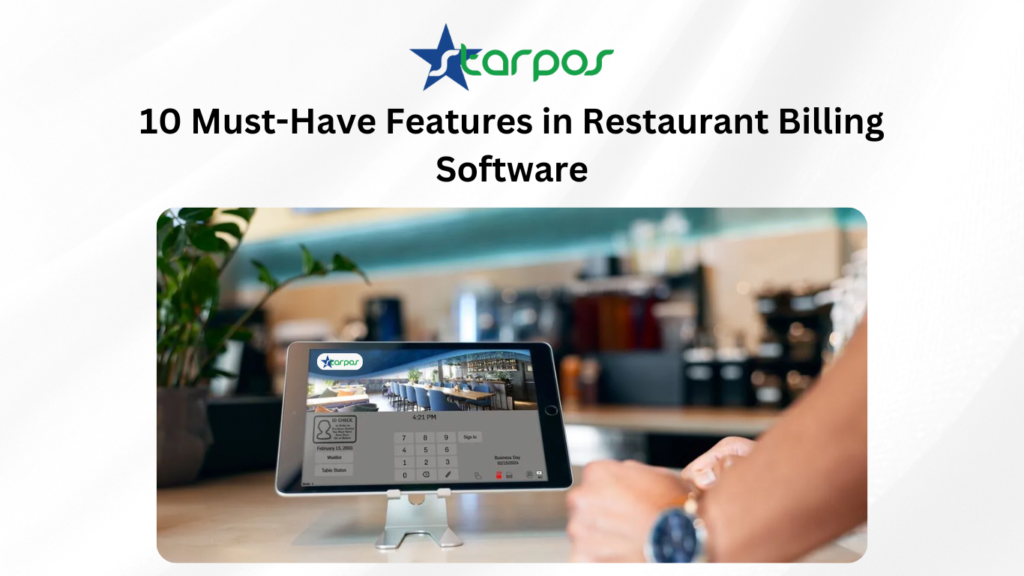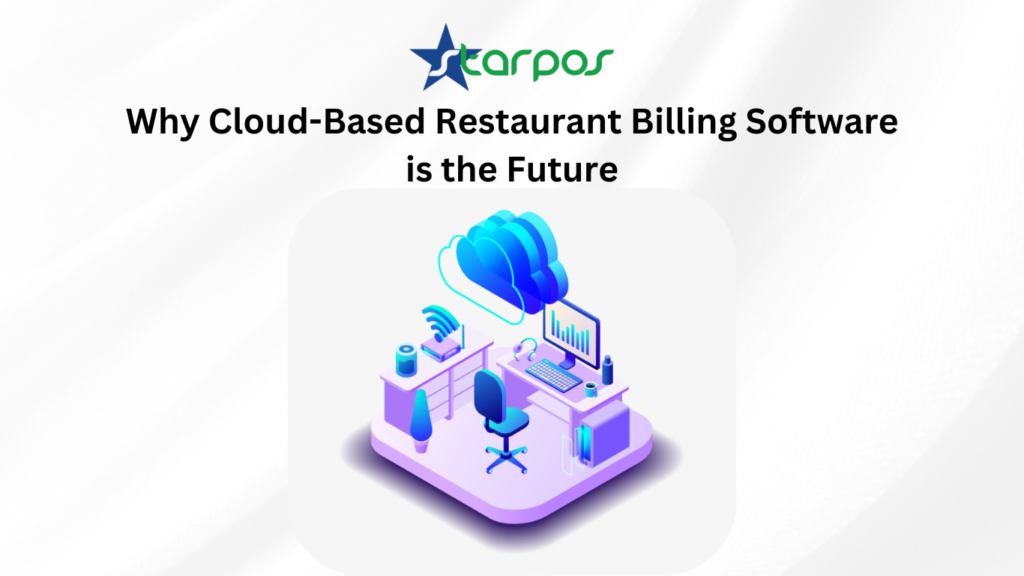Introduction
The food business industry is evolving rapidly, and staying competitive requires more than just great recipes and excellent service. Managing operations efficiently is key to long-term success. This is where Enterprise Resource Planning (ERP) systems come into play.
In 2025, ERP systems are no longer a luxury but a necessity for food businesses of all sizes. From inventory management and recipe costing to compliance tracking and customer relationship management, an ERP system integrates all business operations under one platform.
In this blog, we’ll explore why every food business—restaurants, cloud kitchens, cafeterias, and food chains—needs an ERP system to stay ahead of the competition in 2025.
1. Centralized Operations for Efficiency
Without an ERP, food businesses often rely on multiple disconnected systems for billing, inventory, HR, and finance. This leads to inefficiencies and errors.
✅ How ERP Helps:
- A single platform for managing all aspects of the business.
- Reduces data duplication and human errors.
- Provides real-time insights into sales, stock levels, and expenses.
With an ERP, restaurant owners and managers can make informed decisions quickly, leading to higher efficiency and profitability.
2. Automated Inventory & Recipe Management
Wastage and stock mismanagement are major challenges for food businesses. An ERP system helps track raw materials, ingredient usage, and stock levels automatically.
✅ Key Benefits:
- Alerts when stock is low or expiring.
- Tracks ingredient costs to ensure profitable pricing.
- Prevents over-purchasing and food wastage.
For example, if a restaurant uses ERP-integrated inventory management, it can automatically reorder fresh ingredients before they run out, avoiding last-minute supply issues.
3. Compliance & Food Safety Regulations
Food businesses must comply with health, safety, and tax regulations. Manual tracking of compliance requirements can lead to costly fines.
✅ How ERP Ensures Compliance:
- Tracks expiry dates, batch numbers, and supplier details.
- Maintains digital records for food safety audits.
- Ensures accurate GST and tax filing with automated invoicing.
By using an ERP system, businesses can avoid legal issues and maintain a strong reputation in the market.
4. Improved Customer Experience & Loyalty
Customer expectations are higher than ever. They demand fast service, quality food, and personalized experiences. An ERP system, when integrated with POS and CRM, helps improve customer satisfaction.
✅ ERP Benefits for Customer Service:
- Faster order processing and billing.
- Personalized promotions based on purchase history.
- Integration with loyalty programs and feedback systems.
For instance, a cloud kitchen using ERP can track customer preferences and send personalized offers, increasing repeat orders.
5. Real-Time Financial Tracking & Cost Control
Managing finances is critical for food businesses to maintain profitability. An ERP system provides detailed financial reports, ensuring complete transparency.
✅ ERP Features for Finance Management:
- Tracks daily sales, expenses, and profit margins.
- Generates automated invoices and tax reports.
- Helps control food costs and labor expenses.
With real-time financial insights, business owners can cut unnecessary costs and increase profit margins.
6. Scalability & Multi-Outlet Management
As food businesses grow, managing multiple outlets or expanding to new locations can be challenging. Traditional systems fail to scale efficiently.
✅ ERP Solutions for Growth:
- Centralized control for multiple branches or franchises.
- Standardized pricing, menus, and promotions across locations.
- Unified customer data for seamless service.
Whether it’s a single restaurant, a food chain, or a franchise, an ERP system makes scaling hassle-free.
7. Integration with Online Ordering & Delivery Platforms
The rise of online food delivery and digital orders has transformed the food industry. Restaurants need seamless integration with platforms like Swiggy, Zomato, Uber Eats, and their own e-commerce websites.
✅ ERP Benefits for Online Orders:
- Automatically syncs online orders with kitchen & inventory.
- Tracks delivery performance and delays.
- Reduces errors in order fulfillment.
With an ERP, businesses can efficiently manage dine-in, takeout, and delivery services from a single dashboard.
Conclusion: Future-Proof Your Food Business with ERP in 2025
As the food industry becomes more competitive, businesses that embrace technology and automation will have a clear advantage. An ERP system simplifies operations, reduces costs, and improves customer satisfaction—all essential for success in 2025 and beyond.
🔹 If you own a restaurant, café, cloud kitchen, or any food-related business, now is the time to invest in an ERP system.


